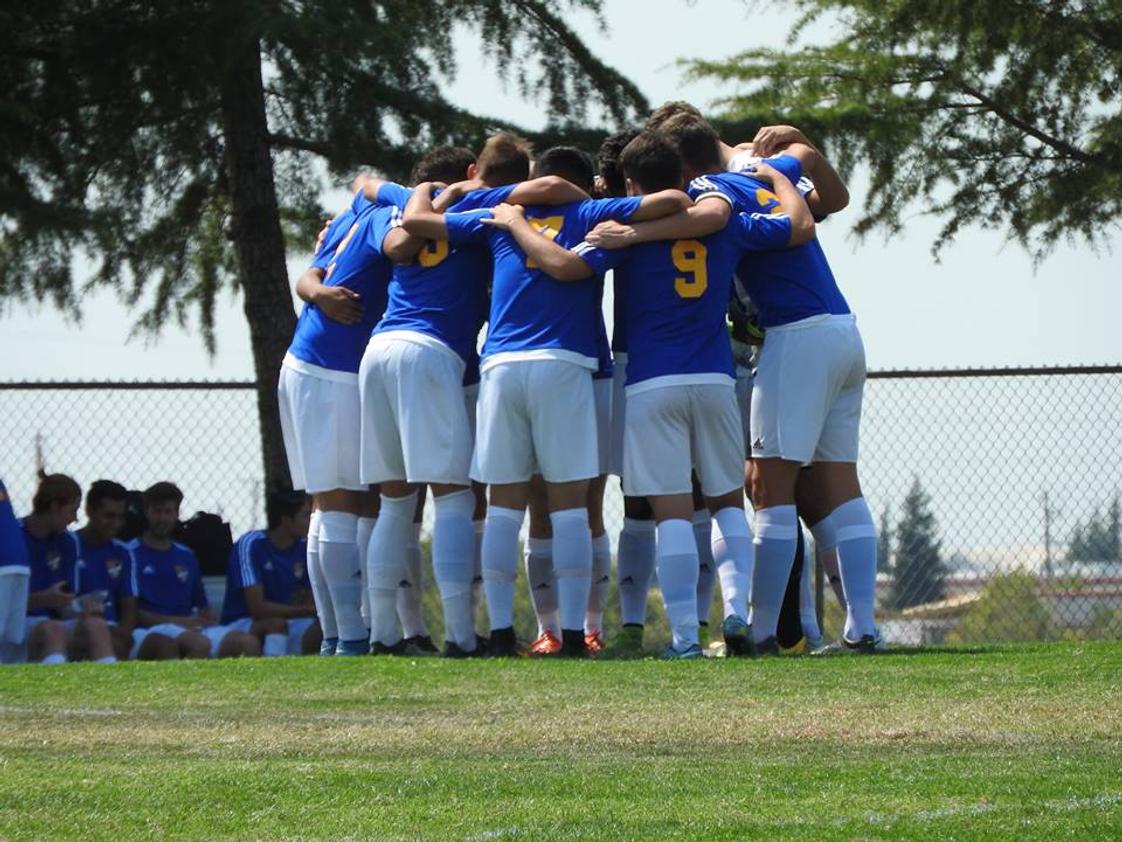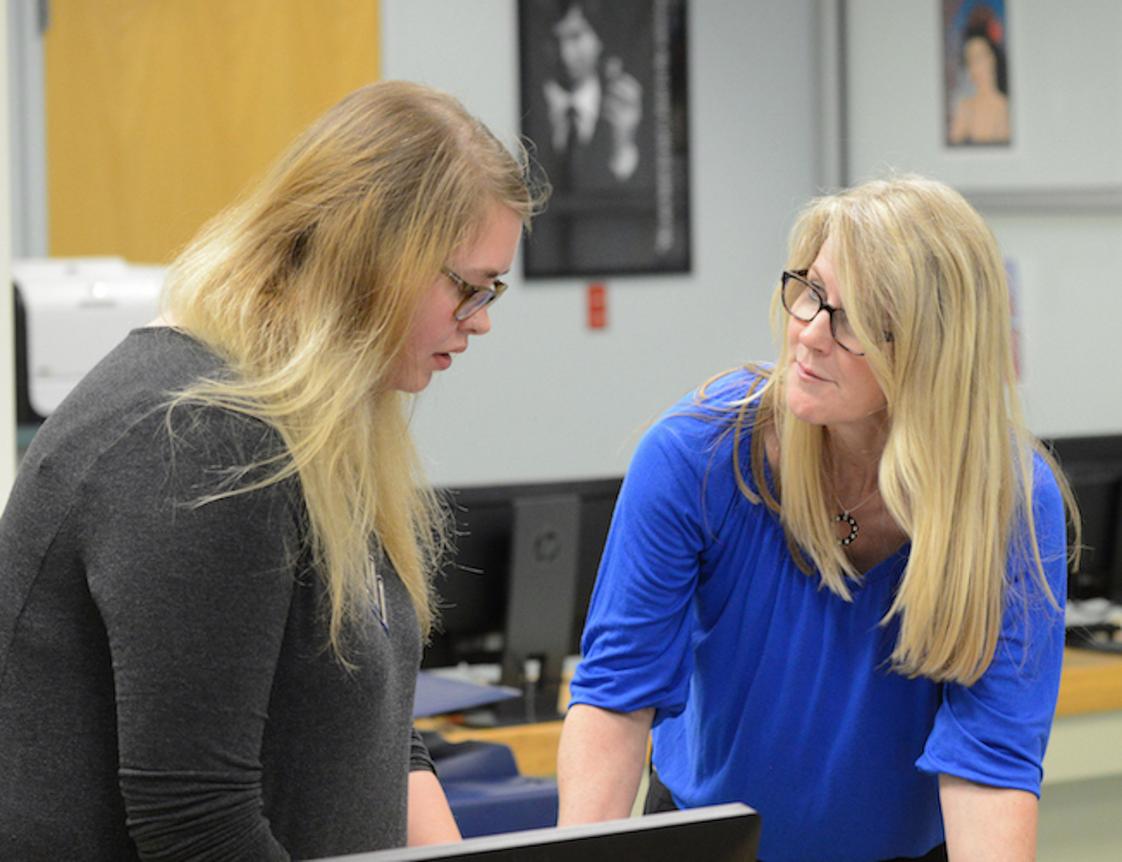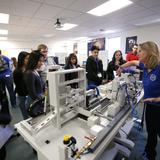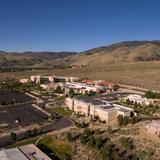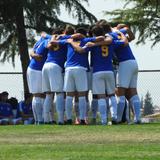- Western Nevada College is a public, open admissions college dedicated to providing affordable, quality educational opportunities for those residing in our seven-county service area. Our students come from a variety of social, ethnic, and economic backgrounds and vary in their reasons for attending our college; some are the first in their family to attend college while others hold post-graduate degrees. Western Nevada College welcomes all who desire the opportunity to learn. The strength of our college emanates from its diversity, and we affirm the right of all to pursue and disseminate knowledge free of discrimination and prejudice. All members of the college community ' faculty, support staff, and administrators ' are committed to the values of free and unfettered inquiry; tolerance of, and respect for, difference; the nurturing of human potential; good citizenship; and civility. These values are reflected in all of the college's policies and practices.
School Highlights
Western Nevada College serves 4,927 students (28% of students are full-time).
The college's student-teacher ratio of 16:1 is lower than the state community college average of 22:1.
Minority enrollment is 44% of the student body (majority Hispanic), which is less than the state average of 66%.
Quick Facts (2026)
- Enrollment: 4,927 students
- In-state tuition: $2,700
- Out-state tuition: $9,345
- Student-teacher ratio: 16:1
- Minority enrollment: 44%
- Source: Integrated Postsecondary Education Data System (IPEDS)
Top Rankings
Western Nevada College ranks among the top 20% of public schools in Nevada for:
Category
Attribute
Affordability
School Overview
The teacher population of 304 teachers has stayed relatively flat over five years.
Western Nevada College
(NV) Community College Avg.
Carnegie Classification
Baccalaureate/Associate's Colleges: Associate's Dominant
Not applicable, not in Carnegie universe (not accredited or nondegree-granting)
Institution Level
Four or more years
At least 2 but less than 4 years
Institution Control
Public
Private for-profit
Total Faculty
304 staff
90 staff
School Calendar
Student Body
The student population of Western Nevada College has grown by 40% over five years.
The student-teacher ratio of 16:1 has decreased from 33:1 over five years.
The Western Nevada College diversity score of 0.61 is less than the state average of 0.75. The school's diversity has grown by 12% over five years.
Total Enrollment
4,927 students
4,141 students
Student-Teacher Ratio
16:1
22:1
# Full-Time Students
1,372 students
820 students
# Part-Time Students
3,555 students
3,321 students
# Enrollment Undergraduate
492 students
396 students
# Full-Time Undergraduate Students
1,372 students
820 students
# Full-Time Graduate Students
n/a
14 students
# Part-Time Undergraduate Students
3,555 students
3,555 students
# Part-Time Graduate Students
n/a
16 students
Total Dormitory Capacity
n/a
100 students
% American Indian/Alaskan
2%
1%
% Asian
2%
9%
% Hispanic
26%
34%
% Black
2%
9%
% White
56%
34%
% Hawaiian
1%
2%
% Two or more races
5%
7%
% Non Resident races
n/a
1%
% Unknown races
6%
3%
Diversity Score
0.61
0.75
College Completion Rate (Students who graduate in less than 4 years) (Year 2007)
20%
28%
College Completion Rate (Students who graduate in 4 years or more than 4 years)
34%
34%
Average Graduate Earnings (10 Years)
$32,800
$32,800
Tuition and Acceptance Rate
The public in-state tuition of $2,700 is equal to the state average of $2,700. The in-state tuition has declined by 23% over four years.
The public out-state tuition of $9,345 is equal to the state average of $9,345. The out-state tuition has declined by 15% over four years.
In-State Tuition Fees
$2,700
$2,700
Out-State Tuition Fees
$9,345
$9,345
Tuition Notes
$123.75 per credit
% Students Receiving Some Financial Aid
92%
90%
Median Debt for Graduates
$12,000
$9,500
Median Debt for Dropouts
$7,177
$4,718
Acceptance Rate
n/a
90%
Source: 2024 (or latest year available) Integrated Postsecondary Education Data System (IPEDS) , School Administrators
School Notes
- Western Nevada College is a comprehensive community college that serves more than 5,000 students each year within a five-county area, spanning more than 10,000 square miles. One of four community colleges in the Nevada System of Higher Education, it is accredited by the Northwest Commission on Colleges and Universities. Documents detailing accreditation approval are available at the WNC library. Western offers a diverse curriculum that is tailored to meet students` individual educational goals. By offering multiple college degree, certificate and career-building programs, smaller class sizes, and personalized counseling opportunities, WNC helps to ensure students a positive and successful college experience.
- WNC reaches out to its urban and rural communities with campuses in Carson City, Fallon and Minden/Gardnerville. In addition, distance education offerings, including interactive video and online classes, allow those in widespread locations access to higher education.
- The college offers academic degrees, certificates and certifications that can lead to diverse careers and transfer to a university or state college. Areas of study include business, liberal arts, sciences, technologies, fine arts, humanities, and more. Associate of Arts and Associate of Science degrees prepare students for university transfer in many fields of the arts, social sciences and physical sciences. A sampling of program areas include information technology, law, geographic information systems, criminal justice, graphic communications, and musical theatre. Students may complete up to two years of many baccalaureate degree programs, including teacher preparation, for transfer to a state college or university. WNC also offers a four-year Bachelor of Technology degree in Construction Management and a partnership with Nevada State College to prepare teachers and other skilled workers with bachelor`s degrees, without having to leave the area.
- Students can attain WNC Associate of Applied Science degrees in accounting, automated systems, auto mechanics, business, criminal justice, computer information technology, computer networking, construction technology, deaf studies, general industrial technology, graphic communications, machine tool technology, management, nursing, or welding technology. In response to industry needs, the college also offers specialized training programs in construction, machine tool, drafting, welding, computing and other technical areas. Customization often includes providing specialized instruction at the times and locations most convenient to employers, including on-site programs. Workplace certification preparation programs include Automotive Service Excellence (ASE), Bookkeeping, Certified Inspector of Structures, Certified Nursing Assistant, Cisco Certified Networking Associate, CompTIA Security+, Deaf Studies-Interpreting, Emergency Medical Services, Microsoft Certified Technology Specialist, Microsoft Certified IT Specialist, Phlebotomy/Venipuncture, and Welding. Western`s faculty is recognized as highly educated and accessible to students. Faculty dedication is reflected in the college`s commitment to free and unfettered inquiry; tolerance and respect for differences; development of critical thinking skills; and good citizenship.
- WNC students represent the individualism and diversity of our society. They enter college with different goals and expectations. WNC offers them opportunities to pursue their career dreams in a more affordable and nurturing environment.
- WNC's main campus, located in the Silver State's capital, offers students an interesting blend of environments: the comfortable pace of a small city combined with the political bustle of state government. The Carson City campus is also close to some of the best scenery and outdoor recreation in the West. The campus rests on the eastern slope of the Sierra Nevada mountains, and the spectacular beauty of Lake Tahoe is only 12 miles away.
Frequently Asked Questions
How much does Western Nevada College cost?
Western Nevada College's tuition is approximately $2,700 for In-State students and $9,345 for Out-State students.
What is Western Nevada College's ranking?
Western Nevada College ranks among the top 20% of community college in Nevada for: Least expensive tuition.
Recent Articles

Community College Rankings by Category 2026
Explore the 2026 community college rankings by category, including affordability, transfer success, online programs, and workforce outcomes.

Most In-Demand Community College Majors for 2026
Discover the most in-demand community college majors for 2026, including healthcare, tech, skilled trades, and business programs with strong job growth.

From Community College to Ivy League: Is It Possible?
Can students transfer from community college to the Ivy League? Explore pathways, data, 2026 trends, and expert insights.

